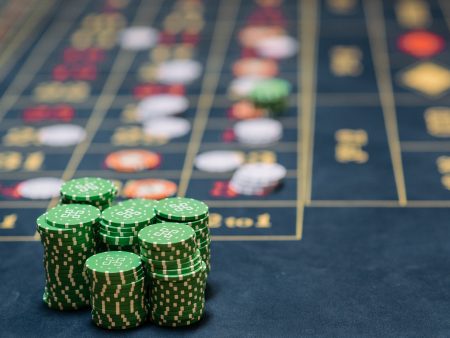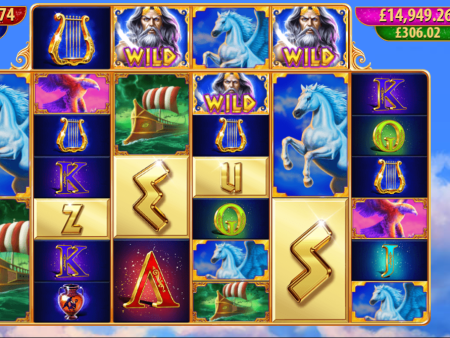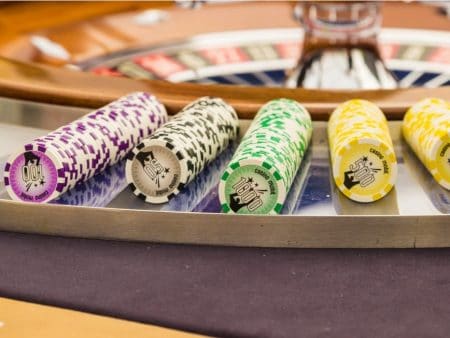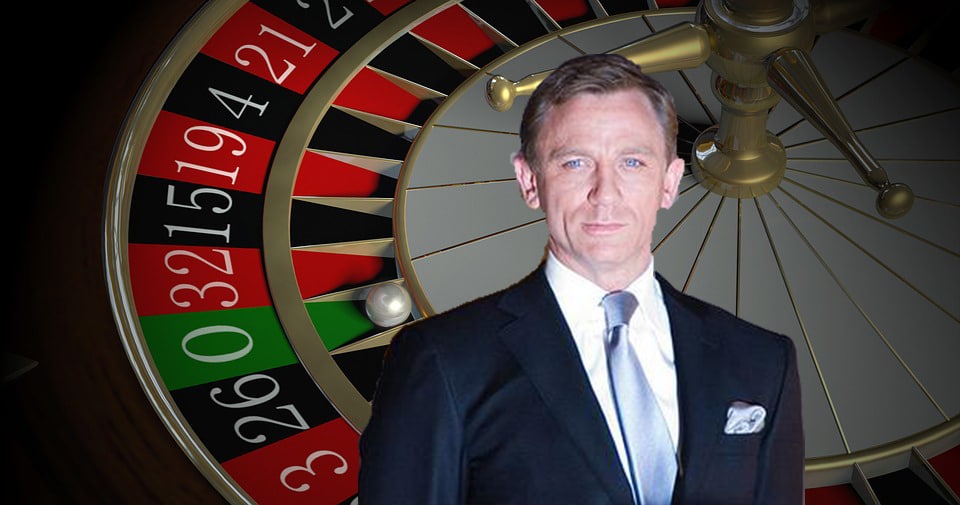
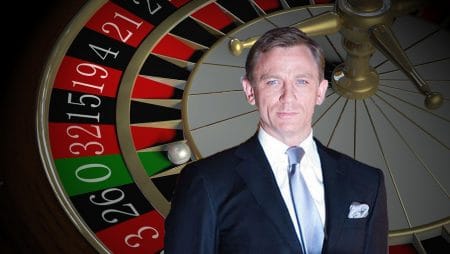
Ah, Mr Bond, we’ve been expecting you. But we didn’t think you’d come armed with a roulette betting strategy.
Yes, there really is a James Bond roulette strategy, named after the super-suave 007 agent. It got its name because Bond writer Ian Fleming created it. Although Bond enjoys playing in a casino in several books and films, he never uses the roulette strategy himself.
Fleming, however, swore that the James Bond roulette strategy worked for him, enabling him to have a night out and enjoy a good meal with the fruits of his success.
So, what exactly is the James Bond roulette strategy? And above all, is it a licence to win? Settle back with a dry Martini (shaken, not stirred) to find out more – it’s the ideal way to pass the time while you wait for the new James Bond film release.
How does the James Bond roulette strategy work?
Unlike other betting systems, like the Martingale, the James Bond roulette strategy is a flat bet system, meaning you bet the same amount at every spin of the wheel. While that’s all well and good, you might need deep pockets because the system demands you bet 20 units a spin, so £20 as an example (although we feel sure Bond would splash £200 or even £2,000 a time).
While you might get lucky and bag a big profit early on, you might equally find that, like Bond’s big screen adversaries, you come to a sticky end.
The system is simple once you get used to it, which won’t be long because you bet the same way every time. Once you sit at a live roulette table or join an online platform like STS Casino, you must split up your units with the following bets on each spin:
- £14 on high numbers, so the 19-36 segment
- £5 on a six line (double street), covering two rows of three numbers, use 13-18
- £1 on the green zero segment
With this James Bond roulette strategy, you are now covering a wide number of possible outcomes. Some pay better than others, while a few do not pay at all. Keep playing this routine for as long as you wish, hopefully leaving yourself with a tidy profit.
James Bond roulette strategy payouts
By playing this combination of bets, paying out 20 units in total each time, you can win one of the bets only (or none) because if the zero comes in, all others are forfeited. If the double street bet comes in, the number cannot be 19-36 and vice-versa.
Here are the possible results for each spin of the wheel:
- £20 LOSS if the number falls 1 to 12
- £5 total PROFIT if your £5 double street bet (13-18) comes in at 5/1
- £8 total PROFIT if the £14 19-36 bet comes in at 1/1
- £15 total PROFIT if the £1 zero bet wins at 35/1
Is the James Bond roulette strategy profitable?
While you can make a profit using this strategy, it cannot be guaranteed. If it were, we would all be driving around like James Bond in supercars. And the best way to do that is to get lucky and win a casino game jackpot.
Looking at the possible payouts above, you can see that, statistically at least, you will lose all your stake every one in three spins because the number will fall 1-12. Ah, we hear you cry, that means you will win every two out of three spins – surely a good thing?
Well, yes and no.
Because imagine you won with your double street bet three spins in a row, where the number falls somewhere between 13 and 18. For your £60 investment (3 x £20 spins), you make a £15 profit in total.
But lose the next spin for a £20 total loss – wiping out the profit (and more) from the previous three. The secret will be getting lucky and winning more green zero bets than you statistically deserve.
And if you do get lucky and build up a tidy profit, you need to be disciplined and walk away from the table with that profit safely in the inside pocket of your tuxedo.
When you think about it, it stands to reason that the Bond betting system fails, alongside all other betting systems. If one was a proven success, we would all be using it, and every casino in the world would go bust within weeks. And where would we go to for fun then?
Ian Fleming did okay regardless
In fairness to Ian Fleming, he did not need to rely on the James Bond roulette strategy to get by. His estate (he died in 1964 and never saw the runaway success of his super British spy creation on the big screen) is said to be worth $100 million – that’s like winning dozens of slot jackpots in one go.





